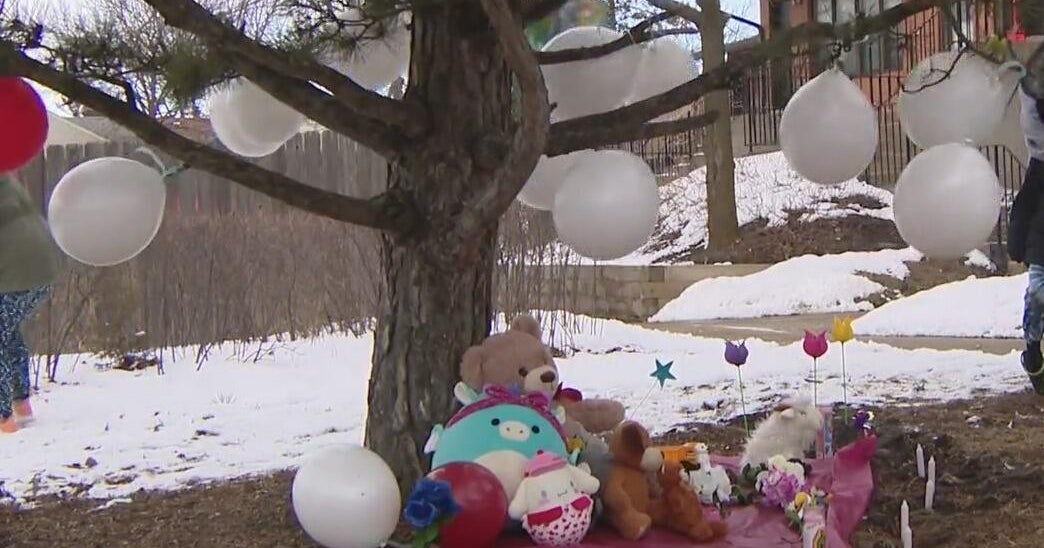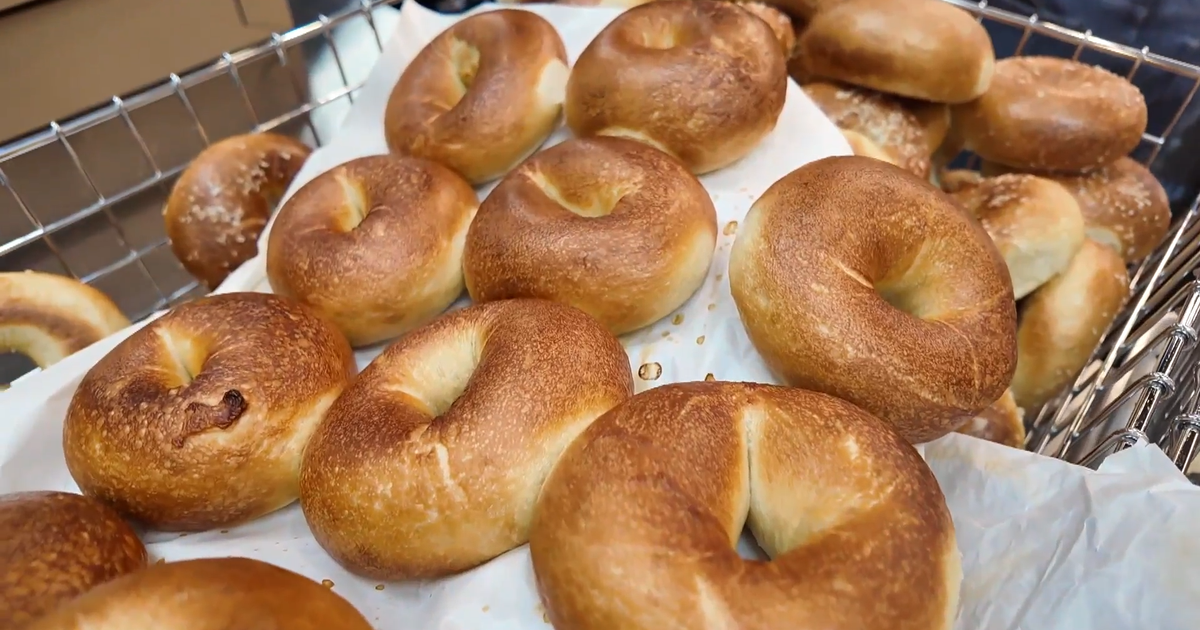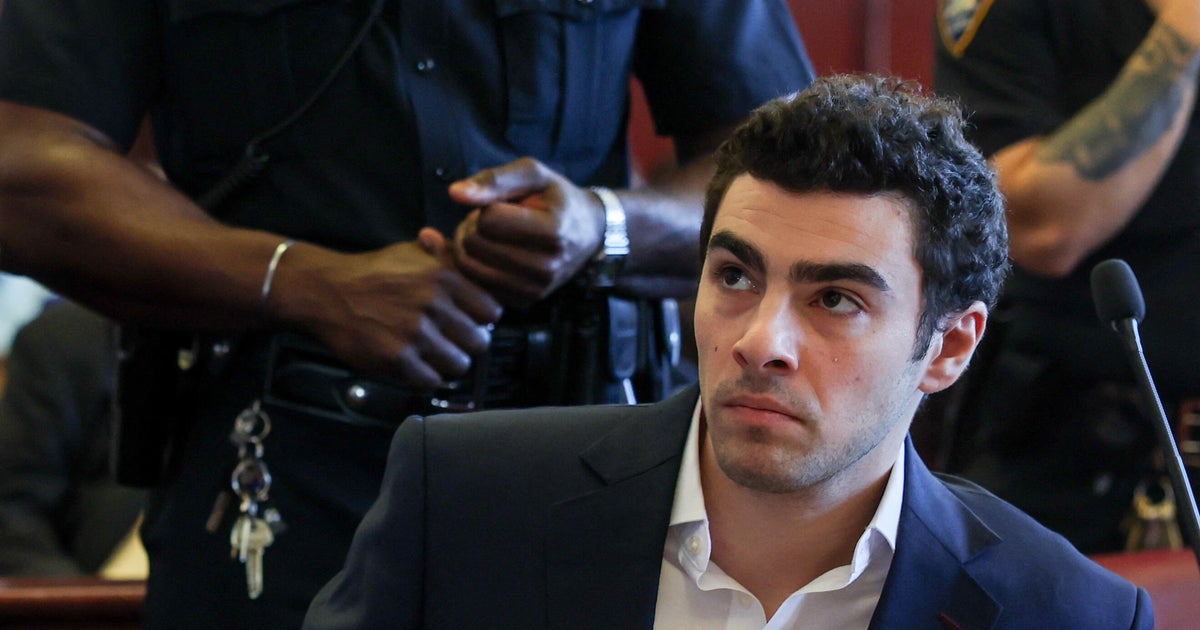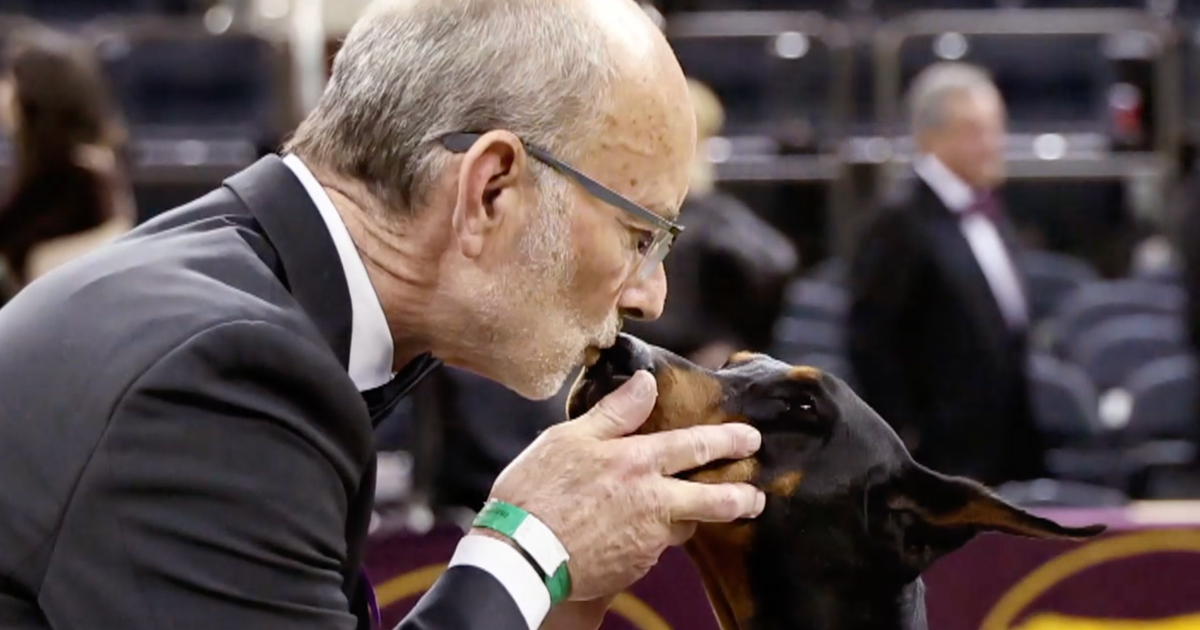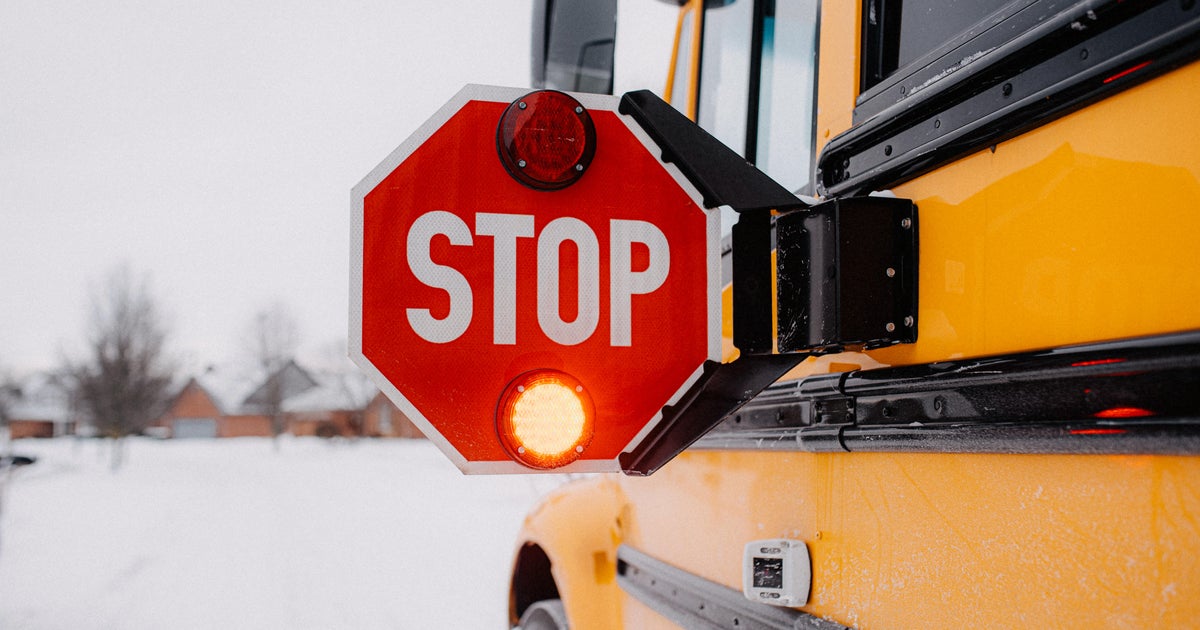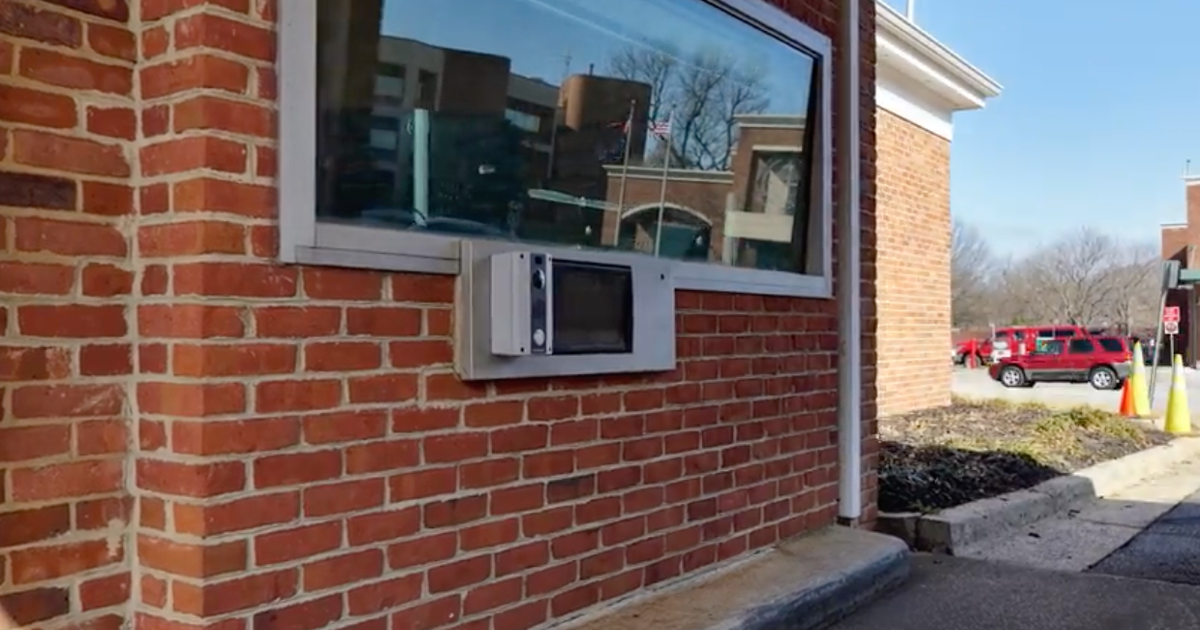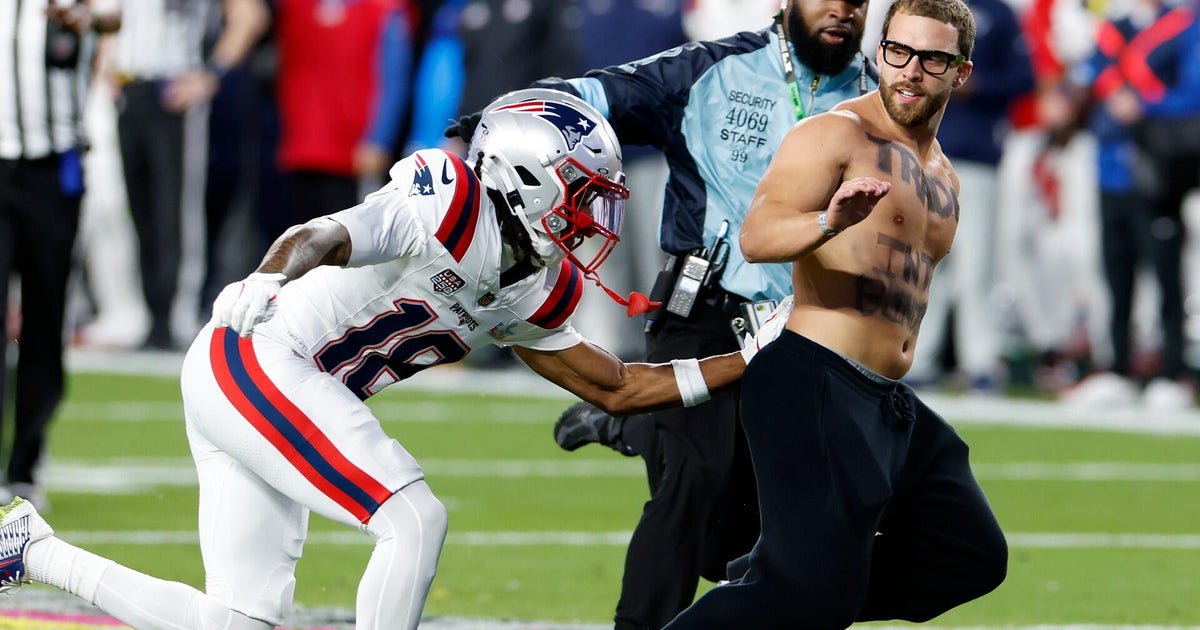Zimmerman Jury Sequestered, Opening Statements Monday
SANFORD (AP) - The six jurors and four alternates chosen for George Zimmerman's murder trial have begun life behind closed doors.
Court officials are keeping mum about the details of the jury sequestration, which began this weekend. But if past cases are any example, the Zimmerman jurors won't be able to tweet or blog. They'll read only newspapers that have been censored of anything dealing with the case. They will do almost everything together as a group. In their hotel rooms, TV news channels will be inaccessible and landline telephones likely will be removed. Deputies will keep the jurors' cellphones and give them back once a day so they can call loved ones and friends.
Prosecutors and defense attorneys say the sequestration is necessary to eliminate jurors' exposure to outside influences as they consider whether the neighborhood watch volunteer committed murder last year when he fatally shot 17-year-old Trayvon Martin. After spending almost two weeks picking a jury, the attorneys will make opening statements Monday.
"Your contact with the outside world will be severely limited," prosecutor Bernie de la Rionda warned potential jurors last week.
Potential jurors looked surprised and glum as the details sank in. One potential juror, a woman who wasn't picked, asked whether court sessions would be held seven days a week during the trial since jurors weren't going to go home. Circuit Judge Debra Nelson said, "No."
"So everyone else will get to go home on weekends but us?" the potential juror asked.
The judge answered "yes" and tried to reassure potential jurors that they wouldn't be cooped up in hotel rooms when not at the Seminole County Courthouse in Sanford. Nelson explained that their meals, transportation and personal needs would be taken care of.
"There will be planned activities for you," the judge said.
The Seminole County's Clerk of Courts has budgeted $150 per person per day to cover room, board and entertainment for the length of the trial, said Maryanne Morse, the clerk. Given that it could last from two weeks to a month, the total cost of sequestration could range from $21,000 to $45,000. That doesn't include the cost of keeping deputies assigned to the group for security.
Court spokeswoman Michelle Kennedy wouldn't comment on the details or logistics of sequestration, or even how jurors will be spend the Fourth of July.
"Their comfort is going to be our top priority," Kennedy said.
A 2007 survey for the National Center for State Courts said that about a quarter of state trials have sequestered juries. But NCSC analyst Gregory Hurley said that number is unreliable since "sequester" wasn't clearly defined, and there was some confusion about its definition. Some respondents defined the term "sequestered" to include deliberations in which the jury was kept together during routine breaks but not overnight.
The six jurors and four alternates in Zimmerman's trial were whittled down from a pool of 40 candidates who had made it into a second round of interviews after questions about their views on firearms, self-defense and crime. The jurors are all women, and the alternates are two men and two women. Their identities are not being released to protect their privacy.
Opening statements in the trial are scheduled to begin Monday.
Zimmerman, 29, says he acted in self-defense in shooting Martin in the central Florida community of Sanford, where Zimmerman lived.
Martin's shooting death on Feb. 26, 2012 — and the initial decision not to charge him — led to public outrage and demonstrations around the nation, with some accusing Sanford police of failing to thoroughly investigate the shooting.
Prosecutors have said Zimmerman, while a neighborhood watch volunteer for his community, profiled the black teenager as Martin walked back from a convenience store to the home of his father's fiancee. Zimmerman identifies himself as Hispanic.
In 2011, just about 20 miles from the court in Seminole County, the Orange County Courthouse in downtown Orlando sequestered jurors in another high-profile case: the Casey Anthony murder trial. Jurors were sequestered for six weeks in 2011 as they listened to testimony about the young mother charged with killing her 2-year-old daughter. Anthony was acquitted of murder.
The Anthony jury was almost twice the size of the Zimmerman jury. The trial went on twice as long as the Zimmerman trial is expected to last. In Florida, 12 jurors are required only for criminal trials involving capital cases, when the death penalty is on the table if there's a conviction.
In picking a hotel for the Anthony jurors, court officials in Orange County wanted laundry facilities, a gym so jurors could exercise, and a private dining area where they could eat most meals out of the public's view, said courts spokeswoman Karen Levey. When jurors went to local restaurants for lunch or dinner, it was only at places with private dining areas. Televisions were turned off, and newspapers were removed.
Jurors were allowed to watch movie DVDs in their hotel rooms, but the movies had to be approved by prosecutors and defense attorneys. The crime thriller "Primal Fear" didn't make the cut. Neither did Ice Cube's "Are We There Yet?" The cable provider to the hotel reconfigured the televisions in the jurors' hotel rooms to eliminate news programs. But as attention to the trial grew, promotions about trial coverage started popping up on channels that previously had been deemed safe and those also were removed from jurors' selection, Levey said.
By the end of the trial, only one channel remained: the Home Shopping Network.
(TM and © Copyright 2013 CBS Radio Inc. and its relevant subsidiaries. CBS RADIO and EYE Logo TM and Copyright 2013 CBS Broadcasting Inc. Used under license. All Rights Reserved. This material may not be published, broadcast, rewritten, or redistributed. The Associated Press contributed to this report.)
